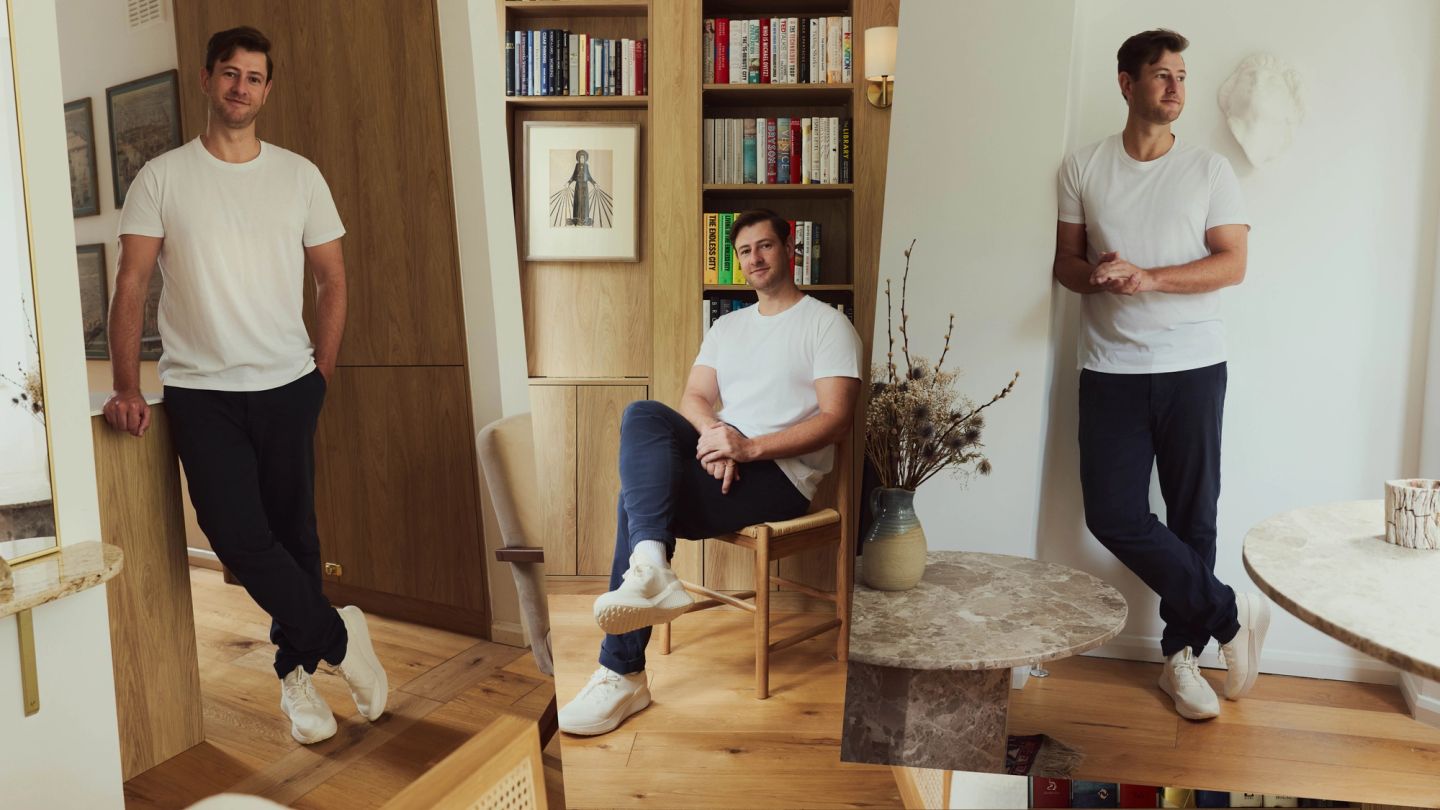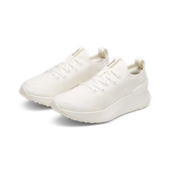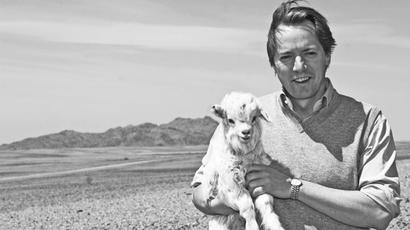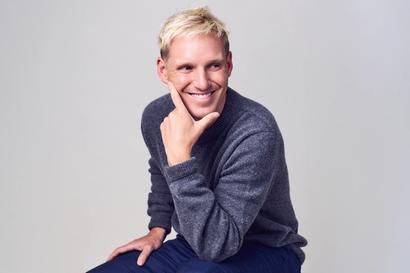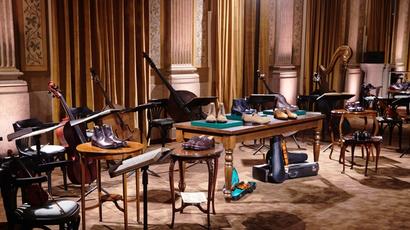
Founder Interview: Arthur Kay
Entrepreneur and urban designer Arthur Kay is reimagining how we live in cities. Through his company Skyroom and his advocacy for sustainable design, he’s proving that progress starts above our heads.
- Words: Gentleman's Journal
If the Shoe Fits…
“Every journey begins with a single step,” is a clanging cliché of entrepreneurship. It’s also, like most clichés, completely and utterly true. The quickest and most reliable way to fail in any enterprise is by never starting, that first mental (and sometimes physical) hurdle that so many would-be founders never quite leap over. This founder took that step with purpose, venturing into an uncertain and complex field with a blend of courage and conviction. Here, they share their approach to creativity, what keeps them optimistic about the future, and what progress truly means.
Introducing Arthur Kay
Arthur Kay is an urban designer, entrepreneur, academic and advisor to various organisations focused on building sustainable cities, including Transport for London, the Royal Academy of Engineering and Innovo Group. He founded Skyroom, a company that creates affordable homes in the airspace above existing buildings in London, and he is the co-author of Roadkill: Unveiling the True Cost of Our Toxic Relationship with Cars.
What spurred you to start Skyroom?
Cities, like London, are full of empty roofspace (the airspace above buildings). Instead of sprawling outwards, we asked: how can we use the city’s airspace to create homes where people actually need them?
What is the Skyroom mission?
To turn underused or ‘wasted’ space in our cities, and into affordable, sustainable homes for key workers. Cities only work if the people who sustain them can still afford to live in them.
What makes you passionate about building sustainable cities?
Cities shape how billions live, work, and connect. Done badly, they are polluted and unequal. Done well, they can be incredible places to live.
What’s a lesson you learned early on in your career that’s stayed with you?
At my first start-up, Bio-bean, I learned that bold ideas are important, but persistence and pragmatism are what deliver impact.
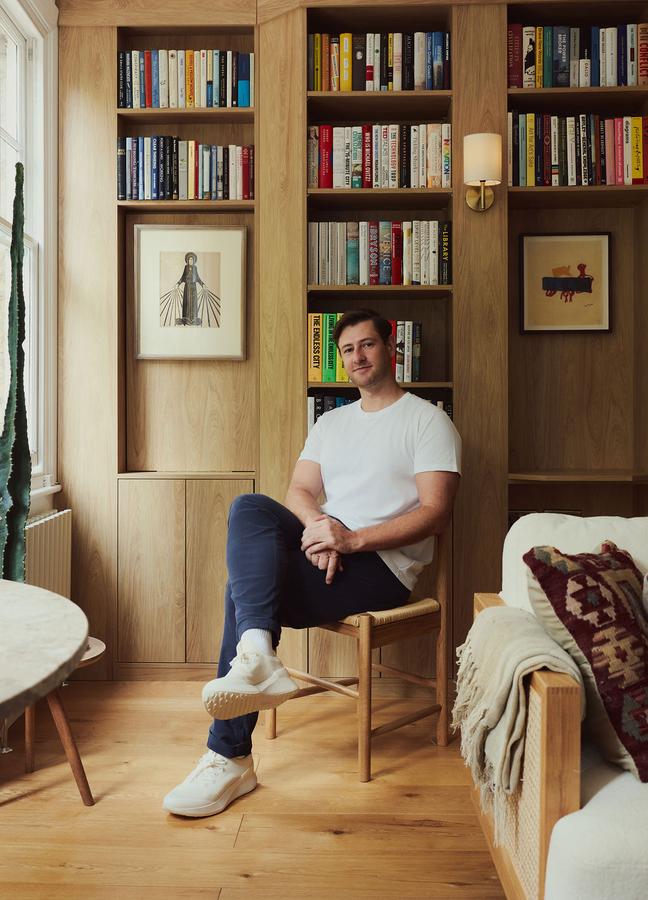
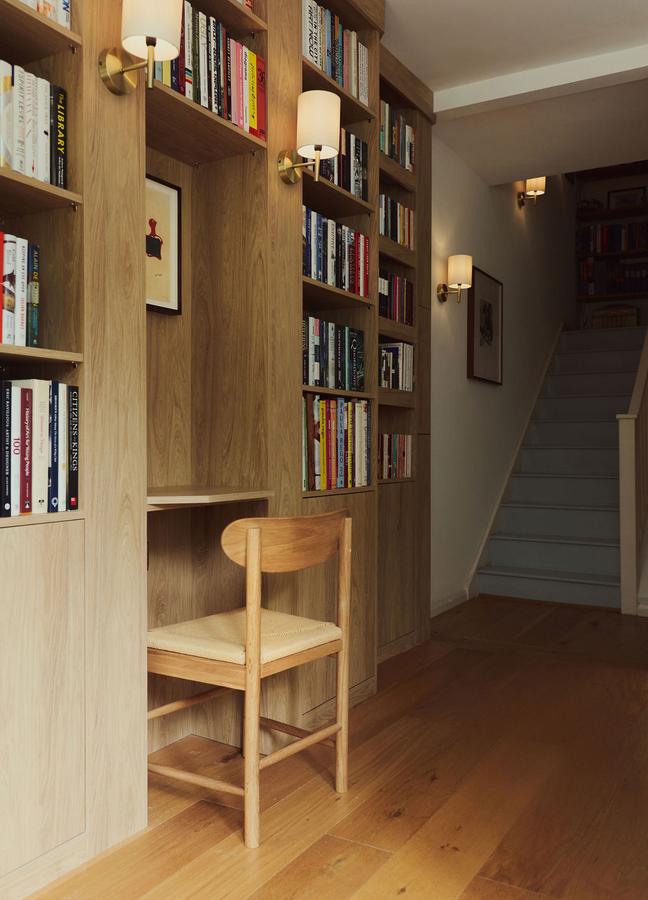
What does progress mean to you?
How do you make cities liveable, exciting, safe, inspiring, clean, prosperous, affordable places to live? Cleaner air, better homes, shorter commutes and making use of ‘waste’ leads to communities that are happier and have more disposable income.
How do you measure success?
Making life in cities better. As with progress it has many metrics, but it needs to be felt by the people who live there, as well as the statistics.
How do you preserve your vision and values as the company scales?
By being clear about why we exist. Keeping it clear and simple. The ‘why’ does not change, even as projects grow more complex.
What advice would you give other entrepreneurs looking to build mission-led companies that generate positive change?
Start with a problem you care about, gather a team who care too, and be prepared to play the long game. Keep asking simple, almost naïve questions. They often lead to the best ideas.
Your new book explores the negative environmental, social and economic impacts of our dependency on cars. Why is this an issue you chose to pursue?
I wrote Roadkill with the eminent anthropologist and philosopher Professor Dame Henrietta Moore. We wanted to expose how our dependency on cars has quietly stripped away fundamental freedoms. It has cost us more than we realise. We go into detail in the book about how we lost those freedoms over time, and how we can work together to reclaim them and expand them.
What makes you hopeful for the future?
“Today’s young people see the car as an unnecessary expense, and in London that’s almost certainly true.” This may sound unlikely from Top Gear’s Jeremy Clarkson. But, he’s right. Car ownership is already starting to decline for younger generations. For a host of factors, they are choosing to walk, cycle, and share transport rather than sit in traffic. That gives me hope. If we can accelerate this shift, our cities will be cleaner, safer, and more enjoyable places to live.
What do you want to be remembered for?
For helping to challenge our toxic relationship with cars.
What is the best piece of advice you have been given?
From my collaborator and friend, Lewis: “Put yourself in harm’s way.” You don’t innovate or challenge the status quo by playing it safe all the time.
For this Entrepreneurs Series, we have partnered with Allbirds, the sustainable footwear brand with a commitment to make better things in a better way. The company has become a positive disruptor in the footwear industry, using wool, tree fibre, and sugarcane as alternatives to the petroleum-based synthetics far too frequently found in this field.
In the spirit of this innovation, we wanted to celebrate a group of inspiring entrepreneurs who are also disrupting their industries and making an incredible impact in their respective fields, embodying the Allbirds ethos while wearing their innovative designs.
